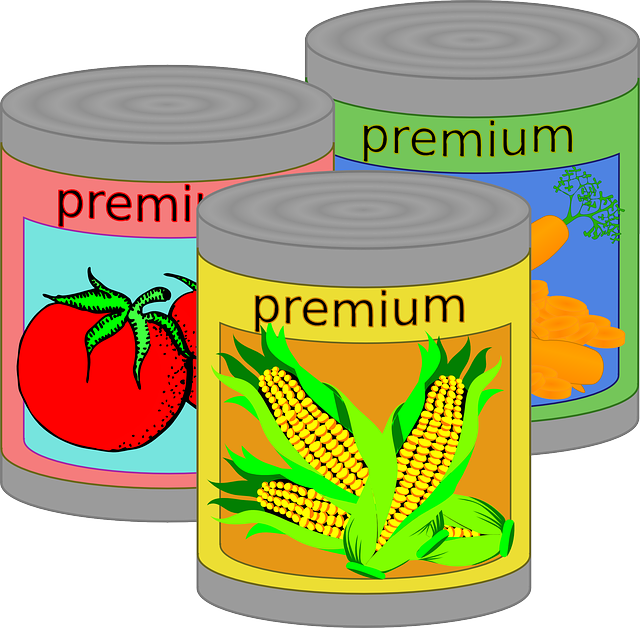The "Plush Beaver in a Can" is a creative concept blending plush toys and canned goods, transforming mundane snacks into surprising, collectible items that spark curiosity and delight. With substantial market potential in the niche of unusual food products, this concept appeals to foodies, collectors, and parents seeking humorous gifts. Marketing strategies should balance humor and playfulness, leveraging social media for maximum exposure while maintaining ethical sourcing and labor practices within the weird canned food category.
“Unleashing a unique twist on comfort foods, we present the ‘Plush Beaver in a Can’ – a bizarre yet intriguing concept that’s sure to spark curiosity. This article explores the idea behind this unconventional canned good, delving into its market potential and the possibilities it opens up for innovative food experiences. From production techniques to ethical debates, we navigate the weird world of canned foods, considering its appeal to adventurous consumers. Get ready to embrace the unusual!”
- The Concept: Unpacking the Plush Beaver in a Can Idea
- Market Potential and Target Audience
- Production, Marketing, and Ethical Considerations
The Concept: Unpacking the Plush Beaver in a Can Idea

The concept of a “Plush Beaver in a Can” is undeniably odd, yet it encapsulates the creative and whimsical nature of modern food innovation. This unique idea pushes the boundaries of what we typically consider edible or practical canned goods, transforming an everyday item into a delightful surprise for consumers. The allure lies in its contrast: the soft, cuddly essence of a plush toy meets the self-contained, portable nature of canned food.
This concept playfully explores the notion of integrating comfort and entertainment directly into our meals. Imagine opening a can not just to reveal a typical snack, but a tiny, huggable beaver that promises a sensory experience beyond taste. It’s about embracing the surreal and adding a touch of surprise to everyday dining, making canned goods more than just functional—they become collectible items that spark curiosity and delight, turning mealtime into an event in itself among the realm of weird canned food.
Market Potential and Target Audience

The concept of a “Plush Beaver in a Can” might sound like a quirky, even bizarre, idea at first glance, but it could hold significant market potential within the realm of unusual and niche food products. As consumers become increasingly open to exploring diverse culinary experiences, weird canned food items have found their place on shelves and in online stores. This trend caters to adventurous eaters and those seeking unique gifts, offering something that stands out from conventional food choices.
The target audience for this peculiar product could span various demographics. Foodies and collectors of oddities would likely be drawn to its novelty. Additionally, it might appeal to parents searching for humorous or unexpected presents for their children or as a fun addition to sleepover snacks. Marketing strategies could emphasize the playfulness and creativity associated with the concept, positioning it as a conversation starter and a unique culinary adventure.
Production, Marketing, and Ethical Considerations

The concept of a “Plush Beaver in a Can” is undeniably bizarre, yet it encapsulates the creative and sometimes unconventional spirit of modern weird canned food. Production involves a meticulous process of sculpting, molding, and packaging. Skilled artisans craft the beaver using soft, huggable materials, ensuring each creature is unique and charming. Once assembled, these plush beavers are carefully placed in sterilized cans, designed to maintain their integrity and appeal.
Marketing for such an unusual product would need to strike a balance between humor and charm. The target audience likely includes collectors, children, and enthusiasts of quirky items. Social media platforms and niche online forums can effectively showcase the product’s playful nature, fostering a sense of community around its uniqueness. Ethical considerations, however, come into play with responsible sourcing of materials and ensuring fair labor practices in production to maintain the integrity of this seemingly lighthearted yet intriguing weird canned food item.






